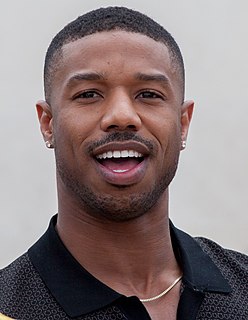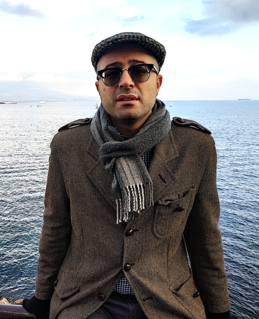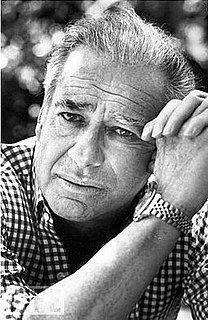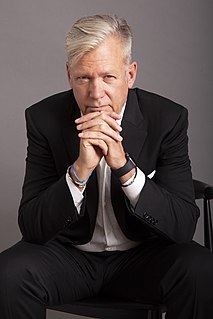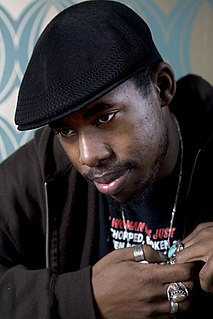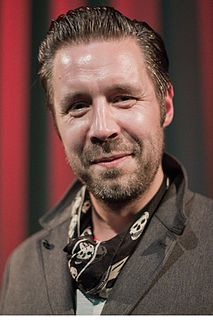A Quote by Wesley Snipes
I think the key that differentiates the good actors from the mediocre ones that are still trying to come up, is that the good ones know how to listen. It's like being in a jazz band. They know how to listen to what the other musicians are playing. And where to come in and where to sit out. That's my approach to being in an ensemble cast and working with any kind of actors in a scene.
Related Quotes
I love jazz. So to me, there are two main types of jazz. There's dancing jazz, and then there's listening jazz. Listening jazz is like Thelonius Monk or John Coltrane, where it's a listening experience. So that's what I like; I like to make stuff that you listen to. It's not really meant to get you up; it's meant to get your mind focused. That's why you sit and listen to jazz. You dance to big band or whatever, but for the most part, you sit and listen to jazz. I think it comes from that aesthetic, trying to take that jazz listening experience and put it on hip-hop.
The actor has to have some degree of craft, along with the talent. No one tries to laugh except bad actors. No one tries to cry except bad actors. How a character hides his feelings tells us who he is. Most people don't know that, and most actors don't do that. Therefore, there are a lot of actors who put me to sleep, that are considered good actors, but they're predictable and boring. I know how the scene is going to end before it ends.
I definitely learned to communicate with other musicians better. I used to feel so intimidated by guys who can read notes, like, "Oh my god, they're gonna think I'm not even gonna be able to sit at the table." But I've come to see that a lot of these musicians don't know how to read music either, and that made me feel good. I could just come up with ideas or show somebody things and get the ideas across.
Any script, even like The Founder, if it's something that I imagine myself playing this character or that character - any of the characters, basically - how do we flesh these characters out to be good enough to have amazing actors that come in that make it really difficult for them to say no? Even though I'm not right for any of those parts, that's just kind of how we go about it.
Actors, I think, are all the same. Both Korean actors and American actors are all very sensitive people, and they are all curious to know what the director thinks of them and how they are evaluated, and they try to satisfy the director. And they like it if you listen carefully to their opinions and accept them.
What I learned about acting, from my experiences directing, is why so many producers and directors don't like actors. You go through all of this work securing a location, figuring out how to get electricity there, how to get trucks parked where they need to be, and where catering is going to come from. And if the actors don't come up with some magic, it actually didn't matter. That creates a lot of animosity towards the actors.
I definitely learned to communicate with other musicians better. I used to feel so intimidated by guys who can read notes, like, 'Oh my God, they're gonna think I'm not even gonna be able to sit at the table.' But I've come to see that a lot of these musicians don't know how to read music either, and that made me feel good.
I have tons of stuff that, you know, seems like it's a well-constructed sentence but it is not how people talk, it's how people write. So that's why I think it's sometimes easier for me to write for actors 'cause I know what's frustrating about, you know, sentences that come out just perfect. Well, who talks like that? And who of us don't overlap each other? Except on the radio, hopefully.
With directors, some have a kind of in-built ability to just know how to work with actors and get the best out of actors, and some don't have a clue about acting. I think it'd be a good idea if directors put themselves in front of the camera, or even went on a six-week drama course, just to know a little bit about what that feels like.




